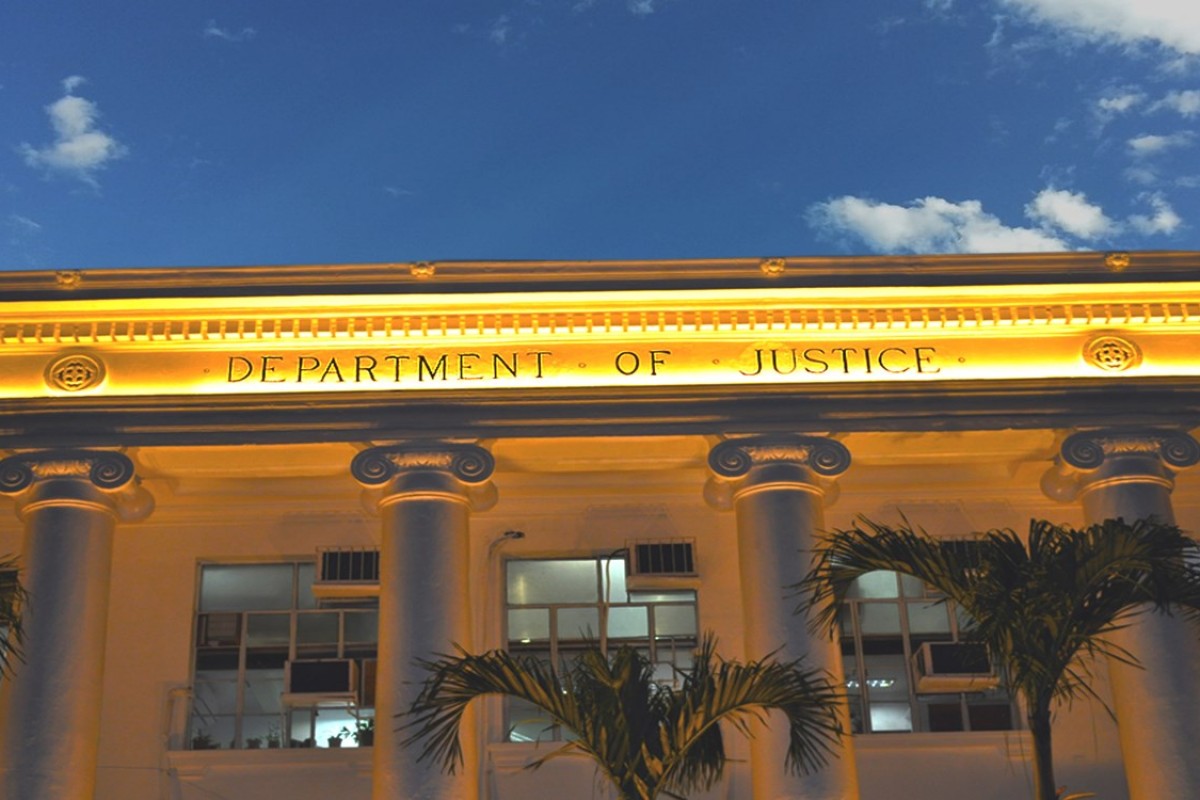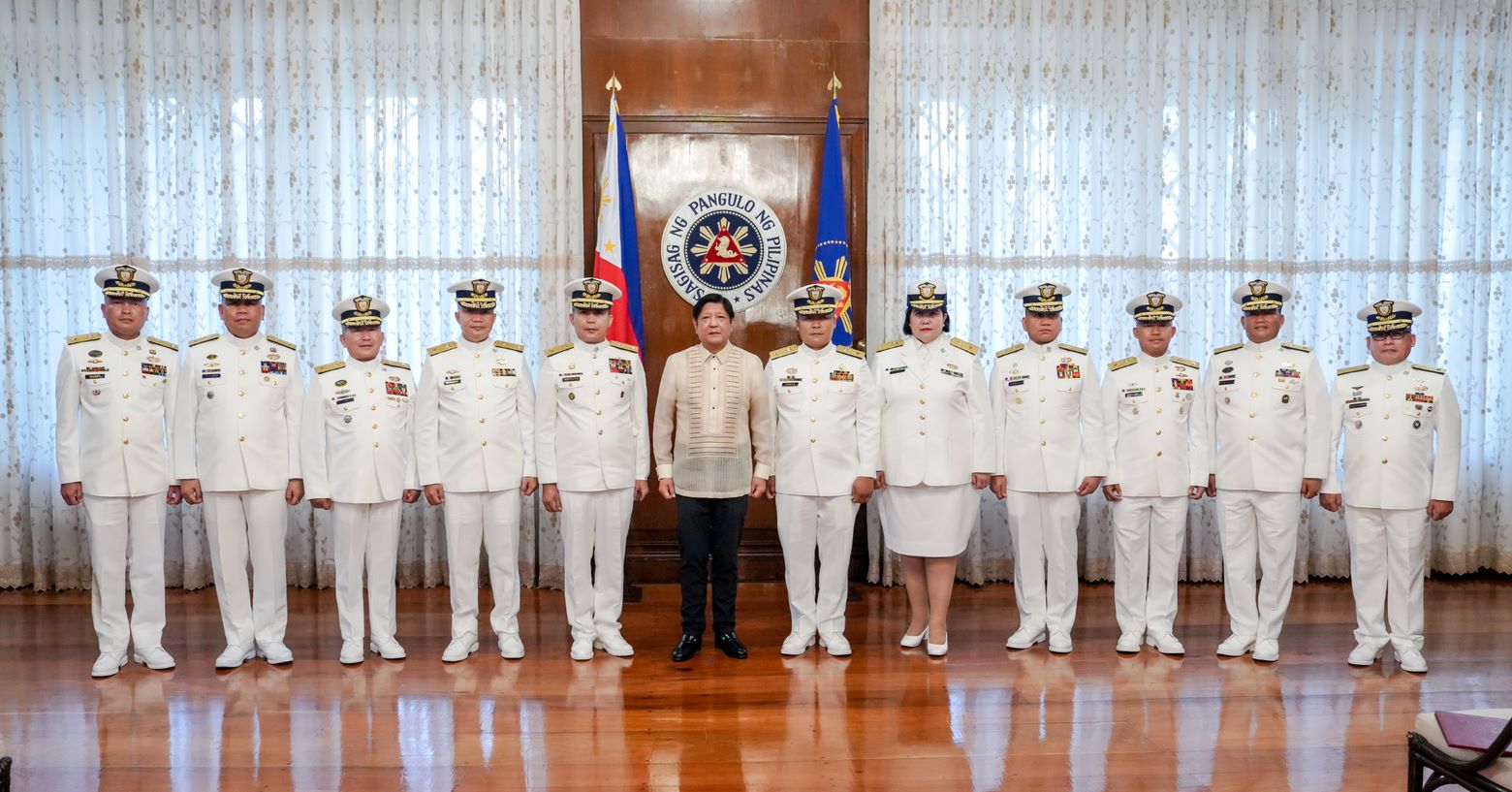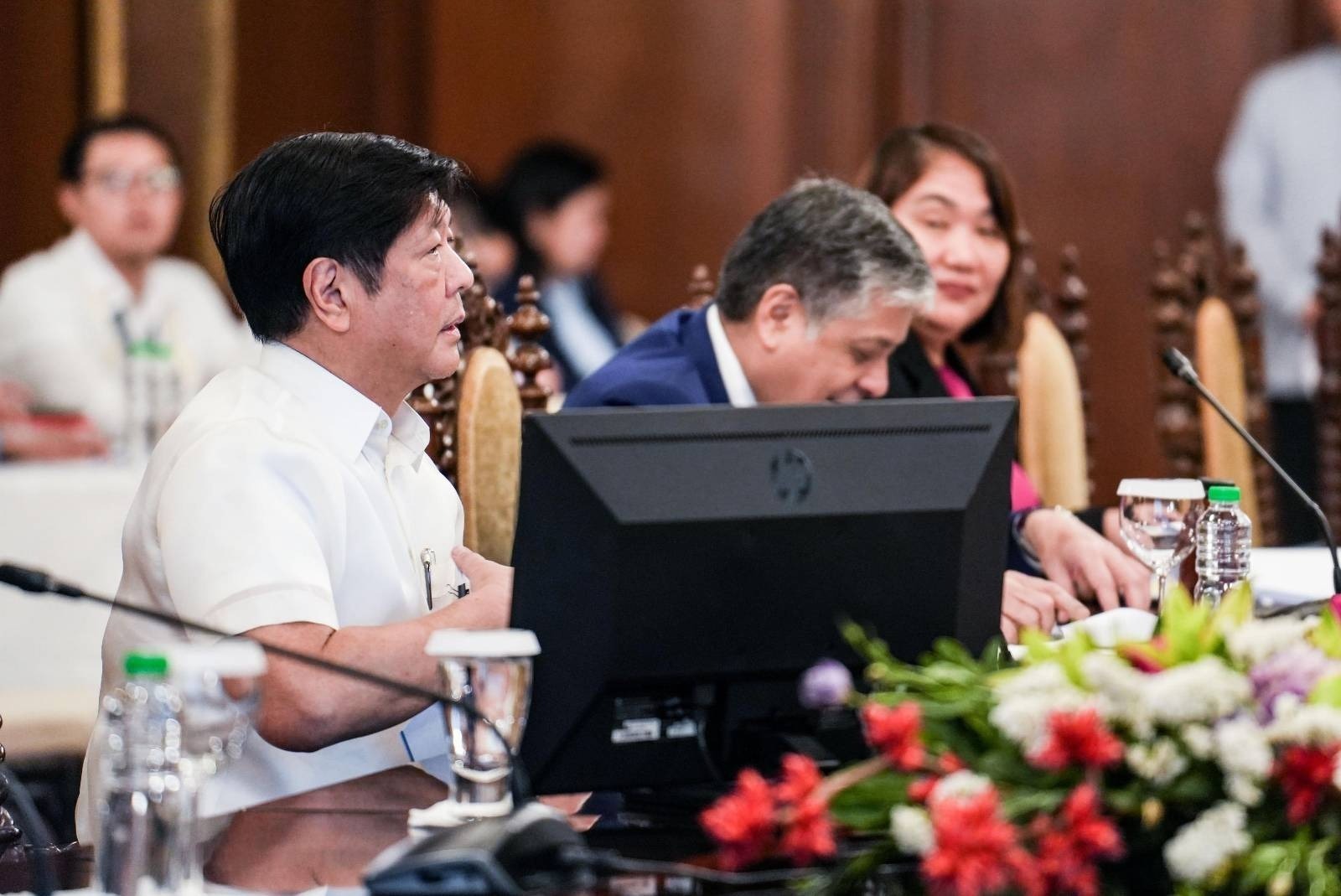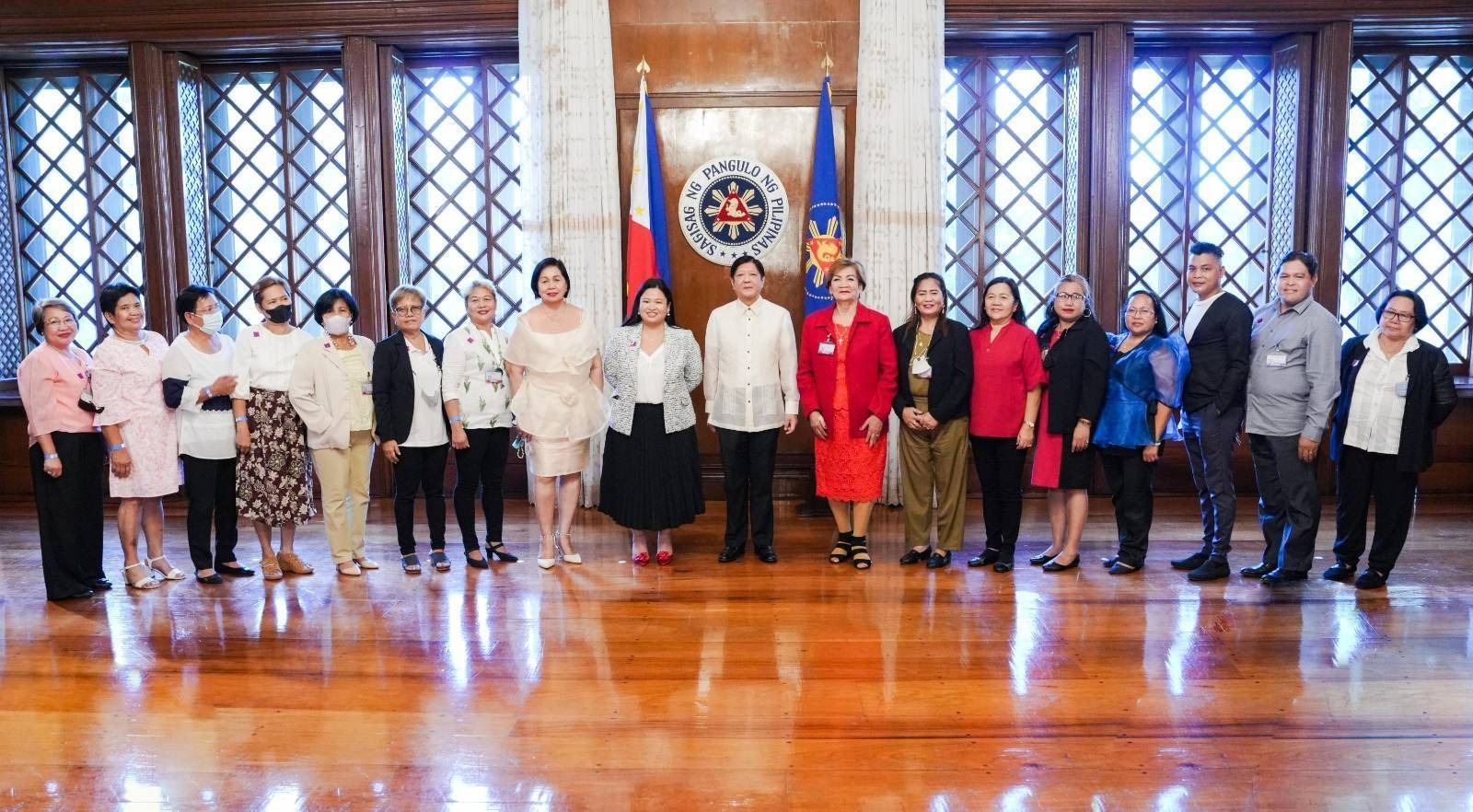MANILA -- The Marcos administration said the International Criminal Court (ICC) should let the Philippines resolve the Duterte administration’s war on drugs issue under the country's well-functioning justice system, which enables it to hold the perpetrators accountable, a Department of Justice (DOJ) official said on Saturday.
The ICC has authorized Special Prosecutor Karim Khan to resume the investigation into the reported killings in line with the drug war of former President Rodrigo Duterte.
In a media forum Saturday, Justice Assistant Secretary Mico Clavano said that the DOJ did not welcome the decision to authorize the resumption of the investigation because the Philippines has a working justice system and has the ability to prosecute those who are accountable.
Under international law, Clavano said, complementarity principle is observed, which means that the ICC, or any international court can only come in if a particular country doesn’t have the capability to investigate or unwilling to do an investigation.
“What we’re trying to say is we are doing a genuine investigation on the killings from 2016 up to 2019 or even up to the end, 2022. If there’s a working justice system then the ICC cannot come in, and supplant or substitute our working justice system with their own; dahil gumagana naman,” Clavano explained.
“So in international law, when that happens, they can only complement iyong ating investigation, and they cannot substitute," Clavano added.
The Philippines has been cooperating with the ICC and on September 8, 2022, it reported the progress of its investigation on the Duterte administration’s war on drugs and submitted documents, case records, and investigative files, Clavano said, adding, however, that the ICC found it inadequate.
The reason why the Philippines has to resist ICC’s coming in to the country and substituting its judgment with theirs is because it has to protect its sovereignty, Clavano stressed as he pointed out that in international law it’s all about consent.
The DOJ official said that based on the history of the ICC, all of the countries it investigated, so far, are African countries like Uganda, Congo, Sudan – countries that do not have a well-functioning justice system and have experienced a breakdown in civil order.
“Kaya po if we accept the decision of the ICC, it is as if we are admitting that we are on the same level as those countries – wala talagang gobyerno, nagkakagulo talaga doon,” Clavano said.
“But here (Philippines), we’re saying that we have an organized – although we have limitations, we have some challenges that we have to overcome – we have a working justice system. Kaya po iyon iyong naging stand ng gobyerno ngayon," Clavano said.
It is also in line with President Ferdinand R. Marcos Jr.’s policy that the Philippines is no longer a member-state of the Rome Statute, and already outside the ICC jurisdiction.
The DOJ will conduct a full-blown investigation on the past administration’s war on drugs, Clavano said, adding it will collect the right evidence, obtain the witnesses and properly screen all the facts of the cases.
The DOJ spokesman pointed out however, that carrying out these processes will take time, and conviction is not immediate although it’s the administration’s ultimate goal.
“So, we want to express to the ICC and to the Special Prosecutor, Mr. Khan, na just to give us time to conduct our own investigation, and on the basis of the complementarity principle to respect our sovereignty, and to respect our judicial system here in the Philippines," Clavano said.
The Philippine National Police (PNP) acknowledged more than 6,000 individuals linked to illegal drug activities were killed during the Duterte government’s war on drugs. (PND)





